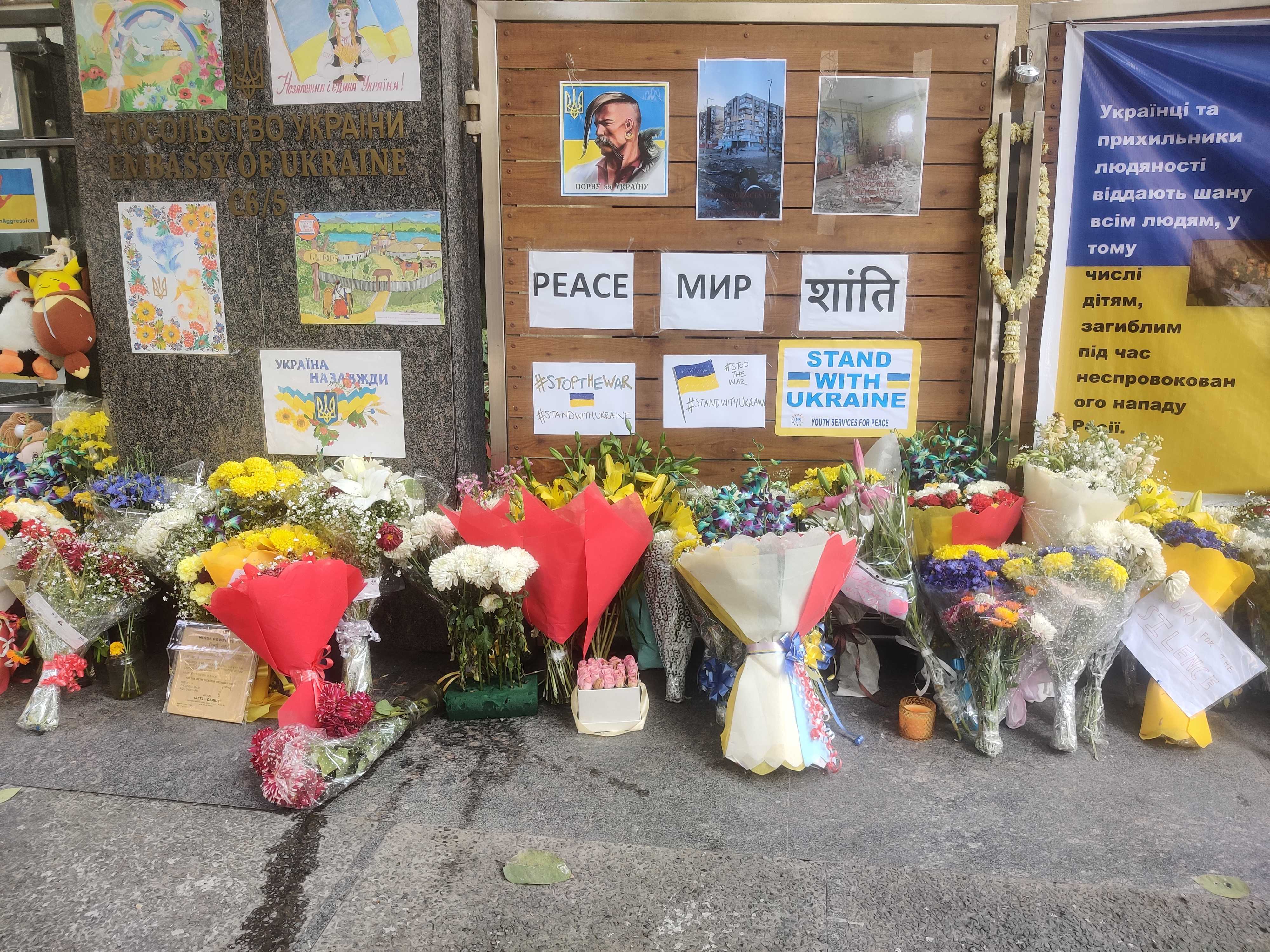The War in Ukraine: A South Asian Perspective
War in Ukraine and its impact on South Asia

The ongoing conflict in Ukraine is a complex and multi-faceted issue with historical origins. Ukraine has borne its devastating consequences for almost a year now. Russia attempts to justify the war by citing its national security interests and portraying the offensive as necessary for the protection of the ethnic Russian population in eastern Ukraine; however, it has violated several international normative principles. Like many unjust wars not approved by the United Nations, Russia’s direct military intervention in a defenceless neighbour’s territory violates Westphalian sovereignty and many provisions of the United Nations Charter. Additionally, the war violates international humanitarian laws and protocols as it targets critical civilian infrastructure such as homes, hospitals, schools and supermarkets.
The Russian act of aggression has threatened the balance of peace in Europe, creating concerns about territorial security, energy and food security. Europe is in a disadvantageous position and is forced to find alternatives to Russian energy. However, this new geopolitical reality has united the EU countries, causing them to put aside internal differences, condemn the war and implement crippling economic sanctions against Russia. The Russian economy has been severely impacted by these international economic sanctions, leading to a decrease in trade and a shortage of supplies, significantly reducing Russia’s domestic production and export. An economically weak Russia could see its power projection decrease globally. This may be beneficial for NATO in the long term, allowing it to maintain its dominance in Europe. However, the US’ increasing role in Europe through NATO should not be overlooked, as it can lead to the sidelining of the EU in shaping continental security in the long run.
Despite hostilities being limited to Ukrainian territory, the war has had a significant impact on countries in the Global South, particularly in terms of economic stability and meeting energy needs. The rising fuel prices resulting from the war destabilized their economies and increased inflationary pressure. Countries in the Global South now face difficulty in balancing their stance on principles of international law and order with measures to counter the effects of the pandemic.
The ongoing Ukraine crisis has negatively impacted most South Asian economies. It has challenged India’s efforts to safeguard its economy from external shocks in critical sectors i.e., its self-reliance campaign. Even though India has been able to shield its economy to an extent from the energy crisis by avoiding Western sanctions and purchasing Russian oil at a more affordable price, it has still been affected by rising global food prices, resulting in inflation, reduced tourism revenues and challenges in accessing international capital markets. Pakistan has seen a sharp increase in the prices of semiconductors, food, commodities and gasoline, leading to economic turmoil. Bangladesh has seen severe inflationary stress, a decline in foreign exchange and a current account deficit. The diversion of international attention from Afghanistan to Ukraine has allowed the Taliban to consolidate its power in the country, with its actions and atrocities going largely unreported in the media. Nepal and Bhutan have also been affected by the war, experiencing a decline in the value of their currencies, an increase in food prices, and a decrease in foreign remittances and European tourists. The decline in tourists from Russia and Ukraine has dramatically affected the Maldives’ and Sri Lankan tourism industries, negatively impacting their tourism revenue and foreign reserves.
To summarise, the Ukraine and Russia conflict has far-reaching legal and economic consequences. It has prompted countries to re-evaluate their relationships and seek alternative food and energy sources. Collaboration between South Asia and Europe could help mitigate the adverse effects of the war by increasing trade and cooperation in areas such as food and technology.
Read full paper here:
-
Ukraine and Russia conflict has far-reaching legal and economic consequences. It has prompted countries to re-evaluate their relationships and seek alternative food and energy sources. Collaboration between South Asia and Europe could help mitigate the adverse effects of the war by increasing trade and cooperation in areas such as food and technology
